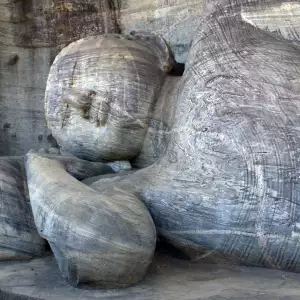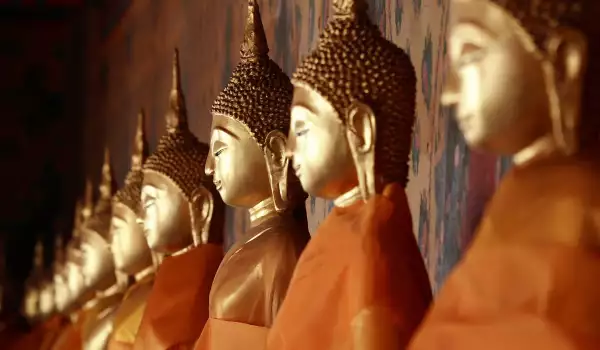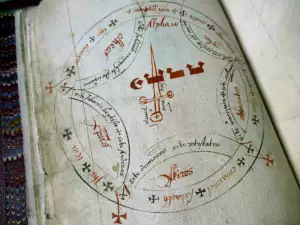Taoism is a spiritual teaching, a philosophy whose roots lie in the shamanism of ancient China. The classical Taoism period was between 700 - 220 BC and later at around 25 - 219 AD it grew into a religion.
Taoism, unlike most Western philosophies, was not developed by just one person. It was founded by Confucius (K'ung-fu-tzu) in one form and developed by Lao-Tzu in another. For this reason there are 2 distinct schools - Confucianism and Taoism. Both schools use the term Tao but for Confucius the path is seeking the good and harmonious in life, while for Lao-Tzu the path is passivity and refusal to commit any efforts.
The Tao Te Ching, usually translated as the Way and how to reach it was the 1st written record of Taoism. What is positively known is that it was not written by one person alone. This book is the most translated and published after the Bible.
It is a valuable guide for achieving a way of life that is in harmony with oneself and the world, a life of oneness with nature. In Taoism, the understanding of the natural order of things is fundamental because people can only live in harmony if they recognize the principles of this order.

The Tao is the source of all that exists, the primary source of life. It is nameless, invisible and unreachable by normal perceptions. The Tao is infinite, inexhaustible and all things exist because of it. Perhaps the most accurate definition is that it is actually a system of total interdependence. Each thing comes from another and it in turn gives rise to a 3rd.
In order to be in harmony, to achieve the Tao, a person must become aware of the unity of opposites. The functional principle upon which Taoism philosophy is built is the principle of Yin and Yang. These are the opposite pairs - good and evil, beautiful and ugly, high and low, male-female, black-white, up-down, positive-negative. The opposite pairs mutually give rise to each other and thus the world is created.
The call for non-action is often misunderstood and misinterpreted as a call for inaction, idleness. What is actually at the foundation of Lao-Tzu's religious philosophy is that when we are in harmony everything happens on its own, without effort.










